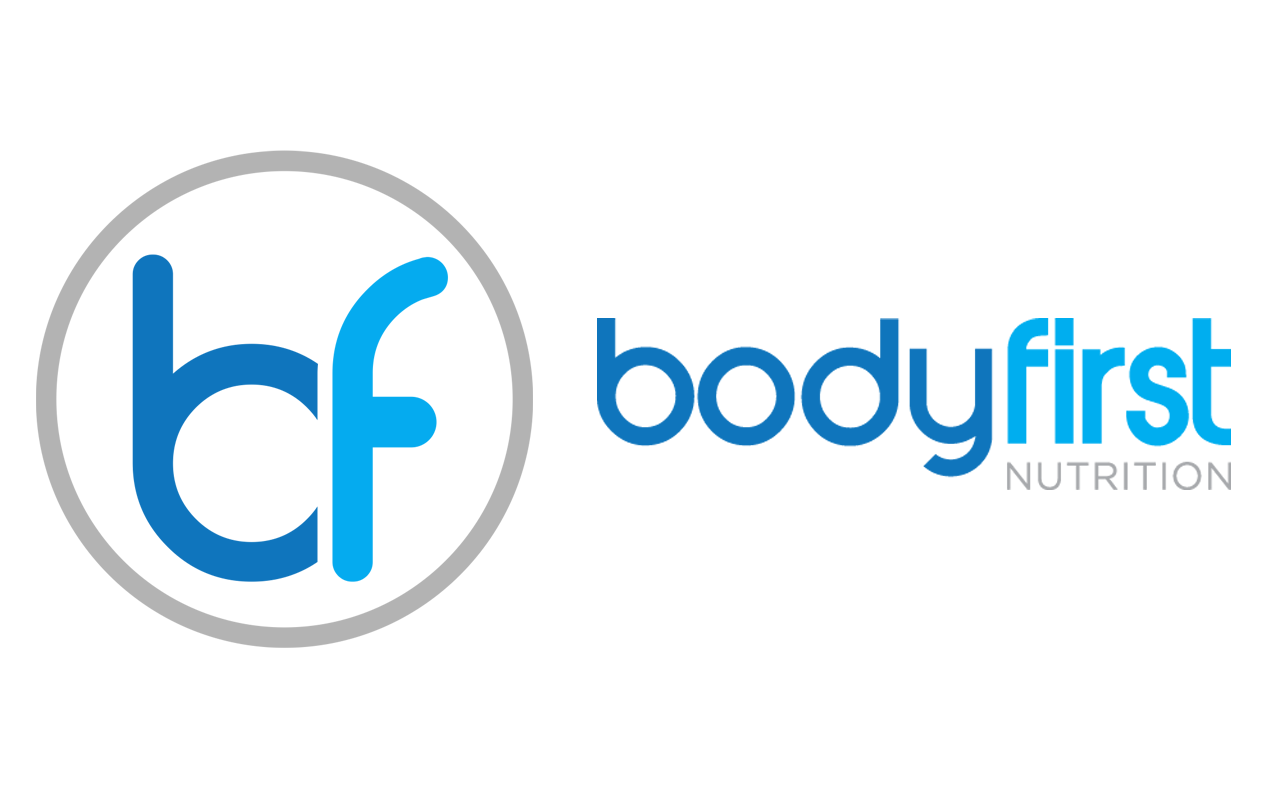Unleash Your Potential: The Creatine Monohydrate Advantage in Fitness

In the pursuit of fitness excellence, a plethora of supplements promise to enhance performance and results. Amidst this array of options, one particular supplement garners attention for its proven efficacy and widespread acclaim among fitness enthusiasts: Creatine Monohydrate. For individuals dedicated to maximising workout gains, comprehending the science and benefits behind creatine supplementation could be transformative.
What is Creatine Monohydrate? Creatine is a naturally occurring compound found in small quantities in foods like red meat and fish. It plays a pivotal role in energy metabolism, especially during short bursts of intense physical activity. Creatine supplementation, specifically in the form of creatine monohydrate, involves augmenting the body’s stores of creatine beyond what is typically obtained from diet alone.
Enhanced Performance: One of the most compelling reasons athletes and fitness enthusiasts turn to creatine monohydrate is its well-documented ability to enhance performance. By augmenting the body’s reserves of phosphocreatine, creatine supplementation aids in the rapid production of adenosine triphosphate (ATP), the primary energy currency of cells. This translates to improved strength, power, and endurance during high-intensity workouts, enabling individuals to push harder and achieve more significant gains.
Muscle Growth and Recovery: For those striving to build lean muscle mass, creatine monohydrate offers notable advantages. Studies consistently demonstrate that creatine supplementation can increase muscle protein synthesis, facilitating faster muscle growth and repair processes. Additionally, creatine has been associated with greater cell hydration, enhancing muscle volume and appearance, while supporting overall recovery and reducing the risk of injury and fatigue.
Improved Cognitive Function: Beyond its physical benefits, creatine monohydrate has also been linked to enhanced cognitive function. The brain relies on ATP for energy, and since creatine supplementation boosts ATP availability, it can positively impact cognitive processes such as memory, reasoning, and reaction time. This dual benefit of improved physical performance and cognitive function makes creatine an appealing option for individuals seeking a holistic approach to fitness and overall well-being.
Safety and Accessibility: Creatine monohydrate is one of the most extensively researched supplements in the realm of sports nutrition, with numerous studies attesting to its safety and efficacy. Unlike many other supplements, creatine is not a stimulant and does not pose significant risks when used as directed. Moreover, creatine monohydrate is widely available, affordable, and easy to incorporate into your daily routine, making it accessible to individuals of all fitness levels and budgets.
Maximising workout potential is paramount in the pursuit of fitness excellence. Creatine monohydrate stands as a tried-and-tested ally in this endeavour, offering a multitude of benefits ranging from improved physical performance and muscle growth to enhanced cognitive function. Backed by science and embraced by athletes worldwide, creatine supplementation has earned its place as a staple in the fitness arsenal of those committed to achieving their goals. Whether you’re a seasoned athlete or a newcomer to the fitness scene, harnessing the power of creatine monohydrate could be the key to unlocking your full potential and taking your workouts to the next level.
